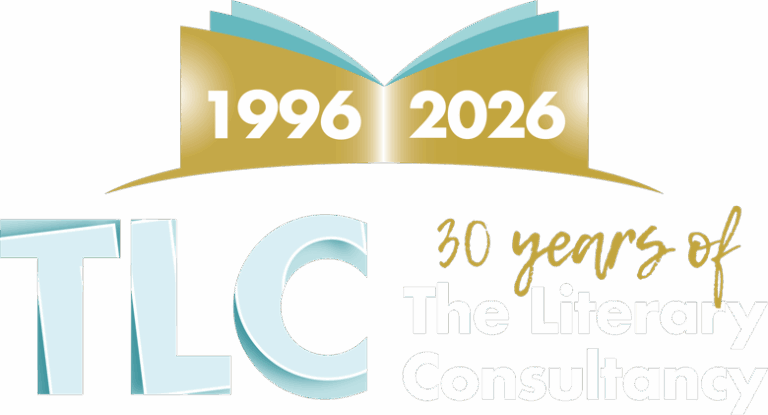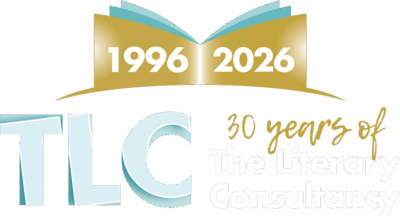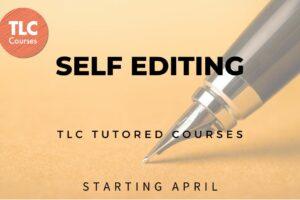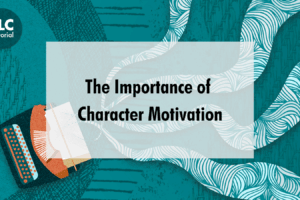Nowadays, there are plenty of ways to find a literary agent. Social media means that their tastes are more visible than ever. Agents will often share when they’ll be open to submissions online, or they’ll have a nice clear bio on their website with a general agency email for you to submit to. They’ll also likely be featured in directories like the Writers’ & Artists’ Yearbook. All these options can sometimes feel a bit overwhelming, and you’ll be competing with hundreds (or more likely, thousands) of writers communicating in the same way.
Finding more organic ways not just to find an agent, but to connect with one can be tricky, but it is possible.
There’s a huge amount of luck and timing involved in meeting an agent, but being prepared, open to opportunities, and thinking outside of the box can make all the difference. Here are three ways you can naturally build connections with agents – and maybe even spark a professional relationship down the line.
1. Attend literary events, conferences and meet-ups
It seems obvious to say that in order to meet people, it can be a good idea to physically put yourself in places where agents will be. This doesn’t have to be in-person, and in a post-Covid world, this can understandably still be a challenge for a great deal of writers. So even if it’s an online event or meet-up, it can still get you out of your comfort zone and into an agent’s line of vision. If cost is a barrier, look out for bursaries and payment plans. A lot of organisations do make these available, and most events hosted by regional literary development organisations already offer subsidised entry.
If you spot an agent on a panel whose taste aligns with your work, try being brave (and patient) after the panel and say hello. You don’t need a full pitch and your life story at the ready… Just a genuine, brief conversation. It can help to be prepared with a rough idea of how to pitch yourself. Prep for this by recording a video at home ‘introducing’ yourself and watch it back to see how you come across.
When you do meet an agent ‘in the wild’, don’t feel that you need to be fully in ‘sale’ mode. Oftentimes ‘making a good impression’ can be as simple as “I really enjoyed what you said about writing non-fiction proposals. I write non-fiction too—do you usually take queries directly?” You’re not trying to gain representation right there, but leave them with a positive vibe that means when you loop back to them later, they think – Oh yes, I remember them!
It can also be a great idea, if you know which agents will be speaking, to try doing a little bit of research on them beforehand. Follow them on social media or Google them, see if they say what they’re looking for, and think about whether your work is a match. Again, you don’t need to give a full pitch when you first meet an agent – but being prepared can be really helpful.
2. Take advantage of opportunities like courses and classes
Sometimes when you sign up to a creative writing course or class, agents will be involved towards the end of the process either via a pitch session, or just to give some insight into the industry. We run a biannual Industry Day here at TLC for our Chapter and Verse Mentoring cohort, and it’s a great way for writers to get a genuine, unfiltered insight into how the industry functions.
These settings allow agents to get to know your work in a more thoughtful, less pressured way. If an agent has read your writing in a course feedback session or informal pitching evening, they will be more likely to see the face behind the writing when your name pops up in their inbox, and this can help you make an impression.
I want to emphasise that what I’m not saying here is that you need to pay for access to opportunity. Signing up to a course to meet an agent should never be your sole motivation. Think about what kind of course best serves your writing, and make sure it meets your needs rather than simply bringing you into proximity with the publishing industry.
3. Use social media to your advantage
As I’ve already mentioned, social media has its downsides – it can be a whirlpool of information, and standing out can feel impossible. However, it can also be aneffective tool for finding information and gaining insight. Especially on platforms like Bluesky and Instagram, where many agents share thoughts, wishlists, or submission windows.
If you’re feeling brave, you can also try to engage with agents’ posts in a professional, curious, and (crucially) non-pushy way. If an agent you follow tweets about loving spicy thrillers and that’s what you write, it’s okay to reply: “That’s exactly what I’m working on—so encouraging to hear it’s on your radar!” It doesn’t guarantee a request, of course, but it creates familiarity. And if that same agent sees your name pop up later in their inbox? It might just ring a bell…
I would advise against pitching in comments or DMs unless explicitly invited to. Save that for the proper channels later (usually email submission). Treat it like any other early-stage relationship. Manage your expectations and play it cool! Do also remember that literary agents are human beings with lives outside of work – many have both professional and personal social pages, so make sure you’re connecting on the right channel.
Connecting with a literary agent organically doesn’t mean chasing them down or delivering elevator pitches at inappropriate moments. It’s about showing up in the right places, engaging with genuine interest, and letting connections grow naturally.
So go to the reading. Say hello after the panel. Join that course. Ultimately, it’s your writing that will do the talking, but these soft skills can put you in the best possible position to make those crucial initial connections And yes, you can absolutely start from scratch!
Interested in finishing your book, and learning from an agent and editor at our Mentoring Industry Day? Learn more about our Mentoring scheme here.









2 responses
I have often wondered what it takes to become a Literary Agent. Could you let me know? Thanks.
Hello Jonathan – thanks for this, perhaps a topic for a future Blog for me! In short, I’d say having a clear understanding of what books you want to see being published, a relationship network of Editors and publishers that you are able to foster/develop, and an ability to multi-task! – Joe